The Leonore Annenberg Institute for Civics announces the winning proposals for lesson plans for the Annenberg Classroom film on the Supreme Court case New York Times v. Sullivan.
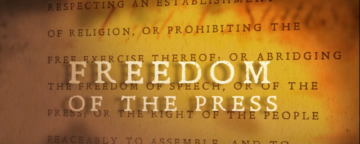

The Leonore Annenberg Institute for Civics announces the winning proposals for lesson plans for the Annenberg Classroom film on the Supreme Court case New York Times v. Sullivan.
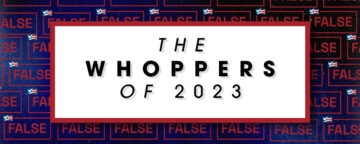
FactCheck.org has rounded up a dozen of the year's false and misleading claims, including remarks by President Joe Biden, former President Donald Trump, and presidential candidate Robert F. Kennedy Jr.

For more than two decades, APPC has tracked how news stories erroneously linking the holiday season with suicide, despite national data showing that the suicide rate is largely seasonal & lower in winter.
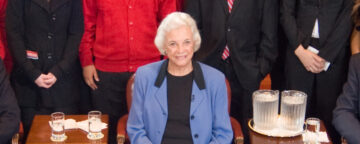
The Annenberg Public Policy Center mourns the passing of Justice Sandra Day O’Connor and celebrates her life and work as a champion of civics education programs.
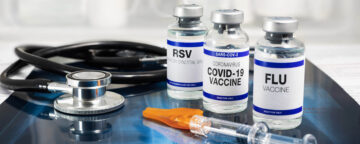
New survey shows over a third of U.S. adults worry that they or someone in their family will get flu, Covid-19, or RSV in next 3 months, but no consensus on which virus is more likely to cause severe illness.

Americans have less confidence in vaccines than they did just a year or two ago, and more people accept misinformation about vaccines and Covid-19, according to an APPC health survey.
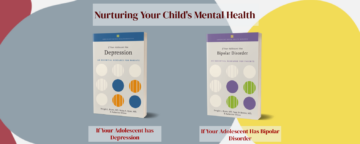
Focusing on adolescent depression and bipolar disorder, Oxford University Press has published the latest two books in a series developed by APPC that is designed to aid parents in helping their teenagers deal with a variety of mental health conditions.

Over a dozen summer interns with the Center for Ethics and the Rule of Law, in partnership with APPC, took part in a nine-week program exploring national security issues.

New research found that driving skills measured at the time of licensure on a virtual driving assessment, exposing drivers to common crash scenarios, helps predict crash risk.
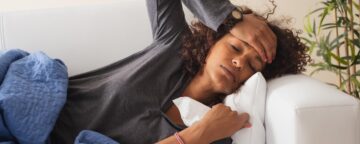
There is wide variability in what the U.S. public knows about the seasonal flu and Covid-19, but some facts are much more strongly associated with an individual’s vaccination behavior, Annenberg surveys show.